Codex Planetarius
To Reduce the Environmental Impacts of Food Production
Codex Planetarius is a proposed system of minimum environmental performance standards to improve the sustainability of globally traded food and soft commodities. By reducing key environmental impacts, we will help ensure that food production supports the health and integrity of exporting countries’ renewable natural resources for present and future generations.
Learn more

Producing coffee and cattle in São Paulo, Brazil Adriano Gamarini / WWF-US
Why Codex Planetarius?
Over the last 30 years, attempts have been made to curb the environmental effects of food production with voluntary standards. These efforts, which focused on specific commodities, countries, or regions, ultimately failed to reduce food's impact because they did not use metrics to improve the performance of the least efficient producers that are responsible for key environmental impacts. The lesson is clear: We need to reduce the impact of these producers to measurably improve the sustainability of global food production.
Food's Environmental Impact
The production of food has the largest impact of any human activity on the planet. Increases in population and per capita income, accompanied by dietary shifts, exert even more pressure on the natural landscape and its ability to regenerate resources.
Food's impacts include:

70%
of habitat and biodiversity loss

70%
of freshwater use
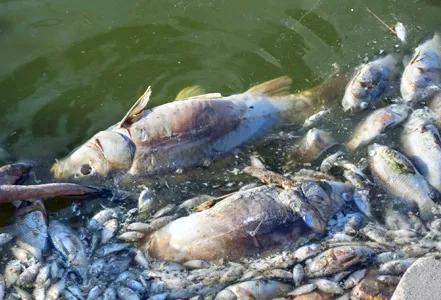
78%
of water pollution
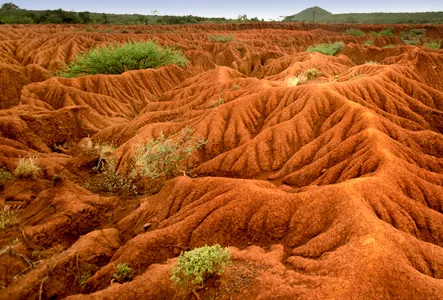
50%
of topsoil loss
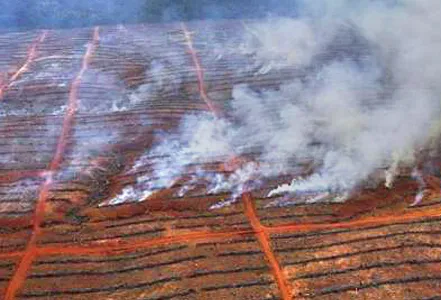
35%
of GHG emissions
Goals of Codex Planetarius
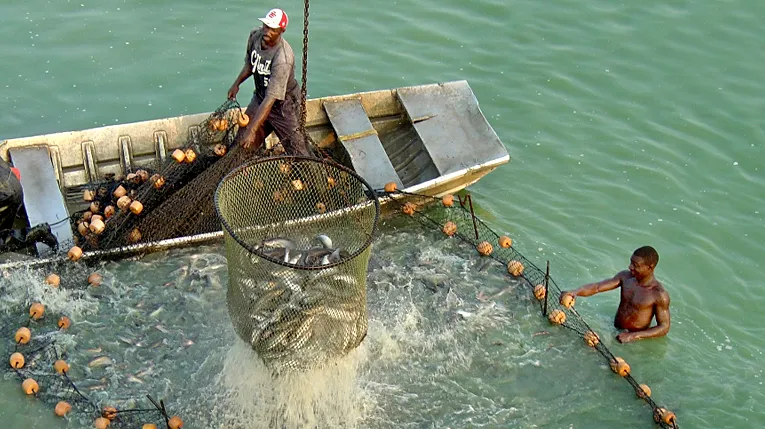
Move the least efficient producers
The environmental effects of food production are unevenly distributed: Impacts can vary up to 100-fold between different producers. Previous attempts to curb impacts have generally focused on more efficient producers and increased market access. These efforts, however, have not reduced key impacts of food production because the producers they targeted were not responsible for these effects. Codex Planetarius will concentrate on the least-efficient 10-20% of food producers that account for 60-80% of the impacts, but less than 10% of the product.

Set global standards
The best science suggests that we need to reduce key global environmental impacts by 50% and GHG emissions by 80% before 2050. Previous efforts to quantify the environmental impact of food production, however, have resulted in inconsistent performance measurements. To achieve reduction goals, we need standard, universally accepted metrics. Codex Planetarius would provide a baseline for environmental performance, allowing us to monitor results and identify producers that need to improve.
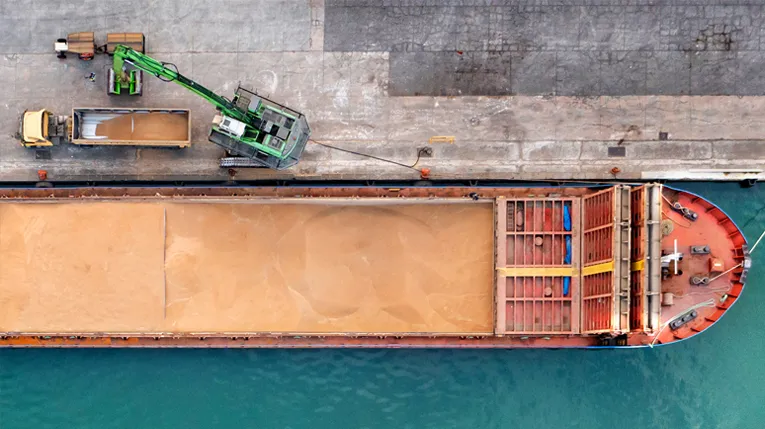
Foster international agreement
Although the percentage of global food exported has doubled to 30% since 2000, there are no global standards to address and manage the environmental impacts in trade. As a result, producers of globally traded foods continue to cause significant environmental impacts without facing consequences. Codex Planetarius would fill this gap by providing a common framework and an escalator of continuous improvement to hold producers accountable for their impacts.
Reduce Key Impacts
To improve the sustainability of global food production, we will concentrate our efforts on reducing the most significant impacts across food commodities. To begin, these will likely include:
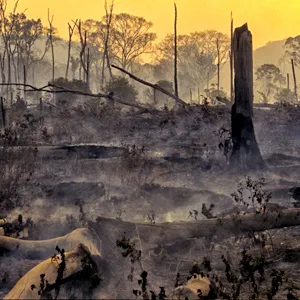
Habitat loss
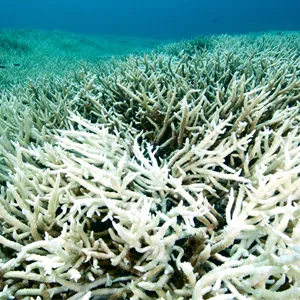
Biodiversity loss
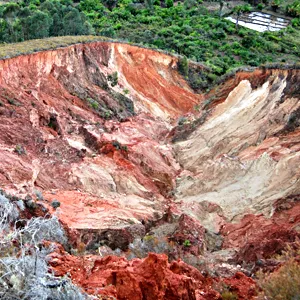
Soil health
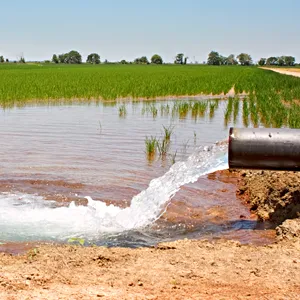
Water take

Water effluent
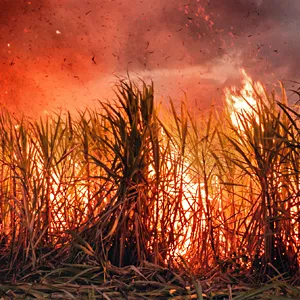
GHG emissions
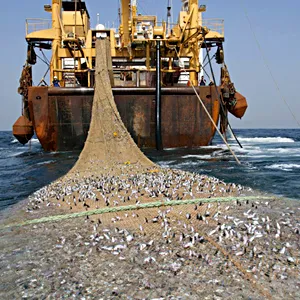
Illegality
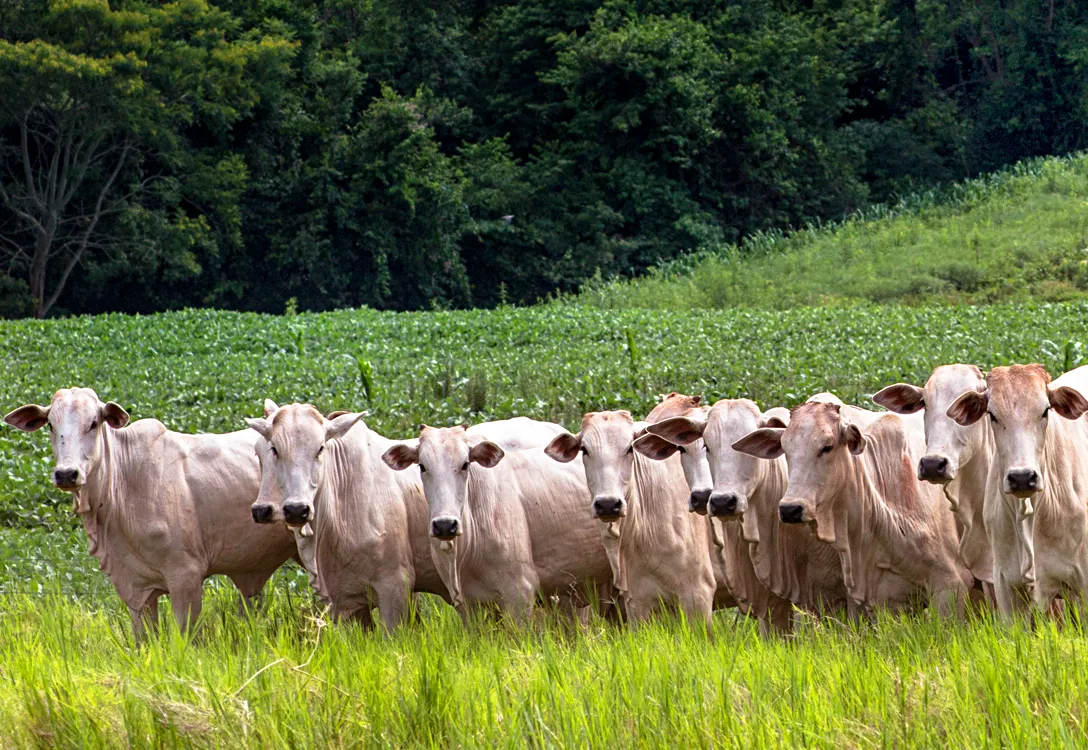
A Global Solution for Planetary Health
When fully developed and launched Codex Planetarius will:
- Provide a baseline for environmental performance in global production and trade of food and soft commodities that serves as a means for continuous improvement.
- Serve to inform regulatory guidelines for governments and global trade that would apply initially to trade agreements and eventually to the WTO.
- Provide standards and data that accompany the product systems that improve supply chain transparency and traceability at the commodity and producer level.
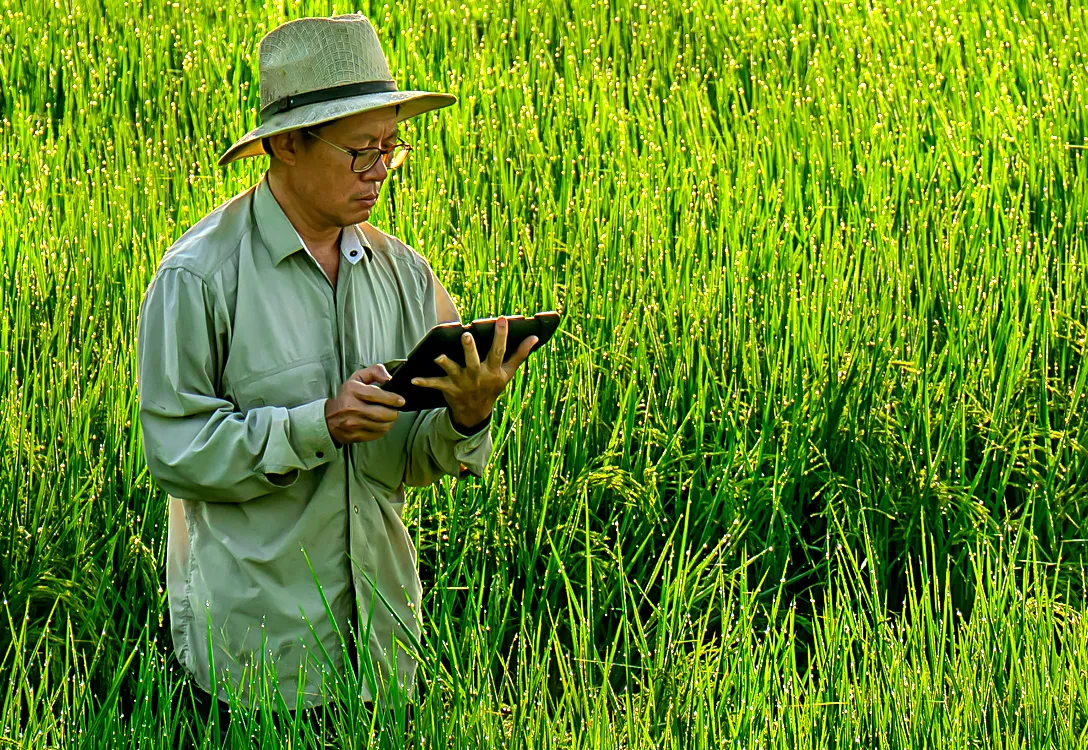
Research and Analysis
We are collaborating with researchers around the world to address key questions and issues related to Codex Planetarius. Their work, which will consist of numerous case studies, is now underway and will be made available for peer review and then public comment.